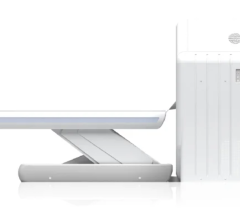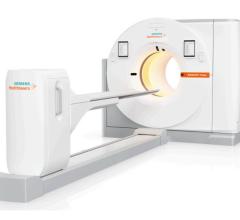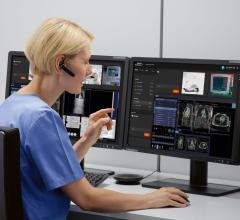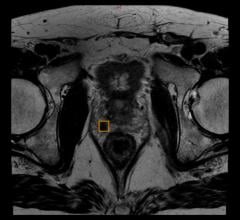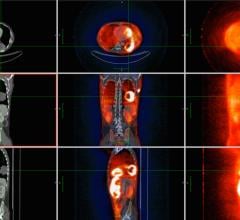
January 6, 2009 – The University of Zurich will study dynamic PET imaging with the MEDRAD Intego PET Infusion System in the hopes of more precisely controlling the radioactive dose delivered during PET imaging procedures, according to MEDRAD Inc.
Specifically, the study will examine patients with tumors in the chest or abdomen and compare standard quantitative techniques, such as standard uptake value (SUV), with more advanced kinetic and compartmental models. One of the primary goals of the research is to explore how controlled delivery technology can enable dynamic imaging by providing additional clinical utility and making these advanced techniques more practical. By enabling the benefit of repeatable infusion of the prescribed FDG dose to all subjects in the study, the Intego System is a key element in the research.
“The research will explore the clinical viability of dynamic imaging with PET,” said Dr. Alfred Buck, University of Zurich (Switzerland). MEDRAD said the University of Zurich is a leading institution in dynamic PET research, and has licensed its proprietary FDG delivery technology to MEDRAD for use in the Intego PET Infusion System.
The Intego System automatically extracts a patient dose from a multi-dose vial and delivers it directly to the patient, virtually eliminating manual dose preparation and handling, and the corresponding radiation exposure to the technologist inherent in manual preparation. With the Intego System’s dose-on-demand capability, the prescribed dose can be delivered when the patient and clinician are ready. This reportedly enables the clinician to easily and efficiently respond to schedule changes, patient delays and add-on patients.
For more information: www.medrad.com


 July 02, 2024
July 02, 2024 
